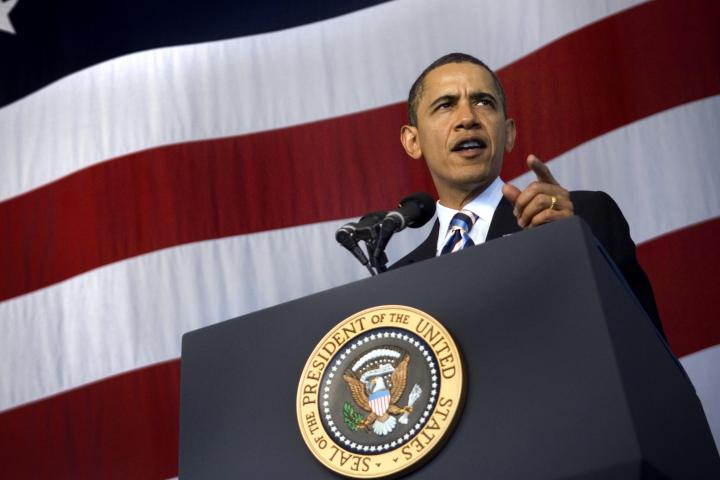
Despite incendiary headlines from various publications (“Obama to foreign visitors: We’re monitoring your social media accounts” from The Next Web, and “Obama on Foreign Visitors: Public Social Media Posts Are Constantly Being Monitored” from Gizmodo), others claim that this simply isn’t true. As per a report from the Washington Times (as well as previous coverage on the rather confusing matter), while Homeland Security does include social media as part of the background check process for some visa seekers, to say that all incoming individuals are subjected to online scrutiny is a bit of a stretch.
In congressional testimony earlier this week, the United States Citizenship and Immigration Services noted that its pilot program looks into the social media presences of “thousands” of visa applicants, but that this ultimately represents a very small proportion of the many millions of hopeful immigrants it sees every year.
In fact, USCIS director Leon Rodriguez noted that the program hasn’t been the most useful in gathering useful information. “Right now, the things that we’ve seen so far are relatively ambiguous,” he said. “They would not necessarily lead you to conclude that the individual would trigger inadmissibility.”
That said, Obama did distinguish between private and public social media posts, noting “private communications between two people [are] harder to discern, by definition.”
Moving forward, the president said, officials would be looking into further ways of tracking suspected terrorists, citing engagements with the “high-tech community” in order to achieve this goal. “But we’re going to have to recognize that no government is going to have the capacity to read every single person’s texts or emails or social media,” he reminded reporters.
“Keep in mind it was only a couple years ago where we were having a major debate about whether the government was becoming too much like Big Brother,” Obama continued. “And over all I think we’ve struck the right balance in protecting civil liberties and making sure that U.S. citizens’ privacy is preserved.”
Editors' Recommendations
- Elon Musk officially owns Twitter now: a timeline of how we got here
- Teen avoids social media for 6 years, wins cash from mom
- What is Section 230? Inside the legislation protecting social media
- Social media giants finally treat Trump like the rest of us
- Starbucks takes stand against hate speech, pauses all social media advertising


